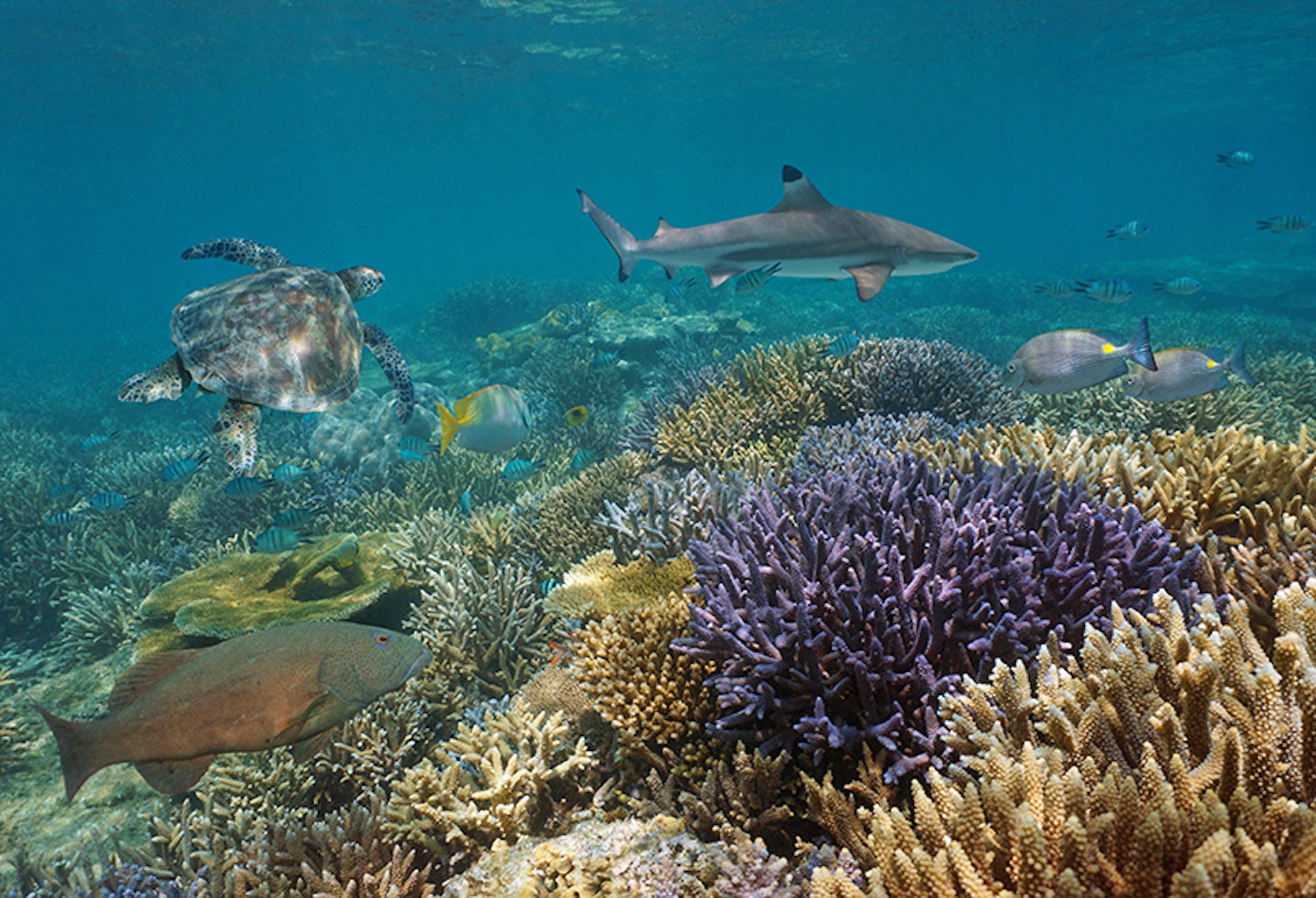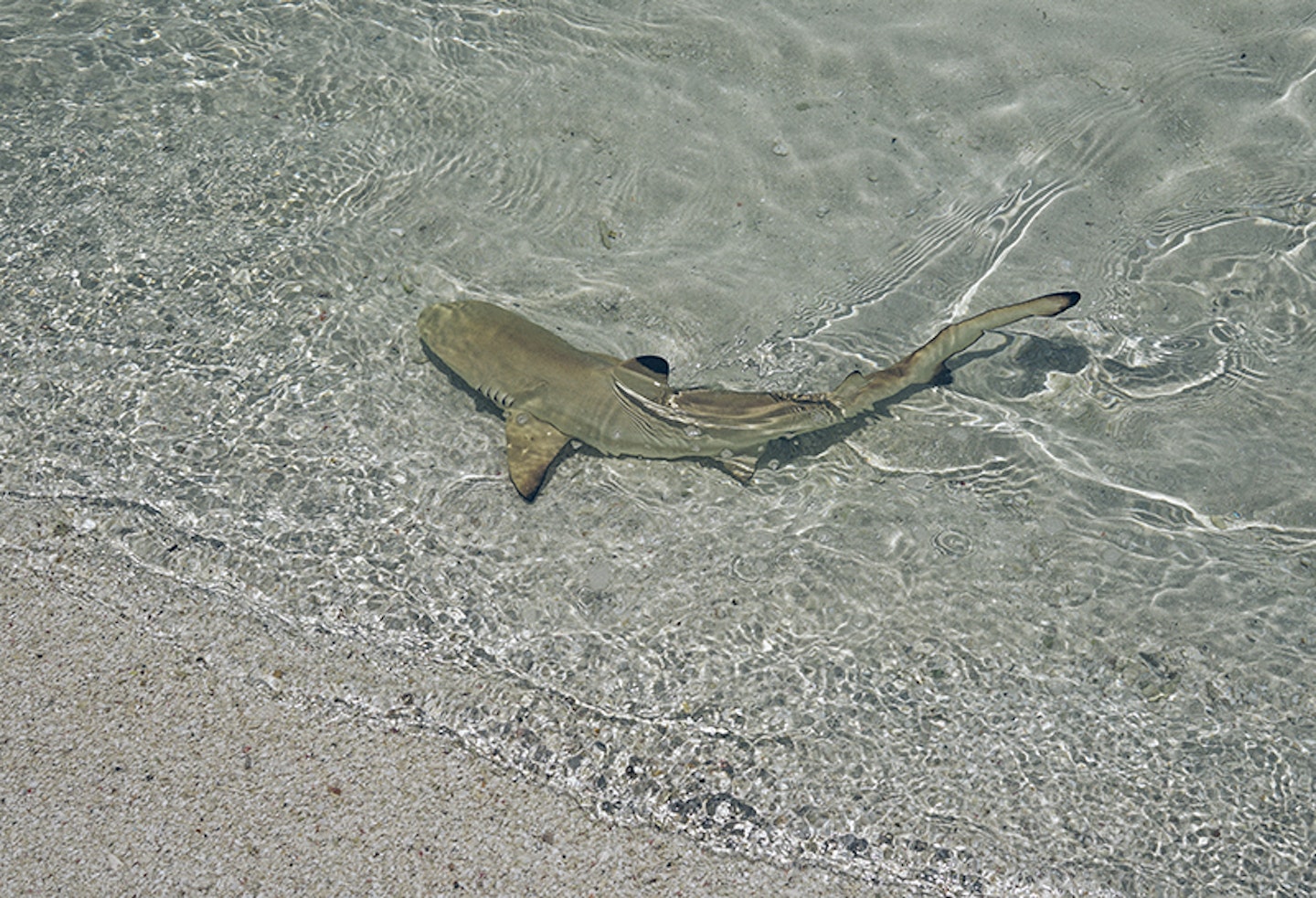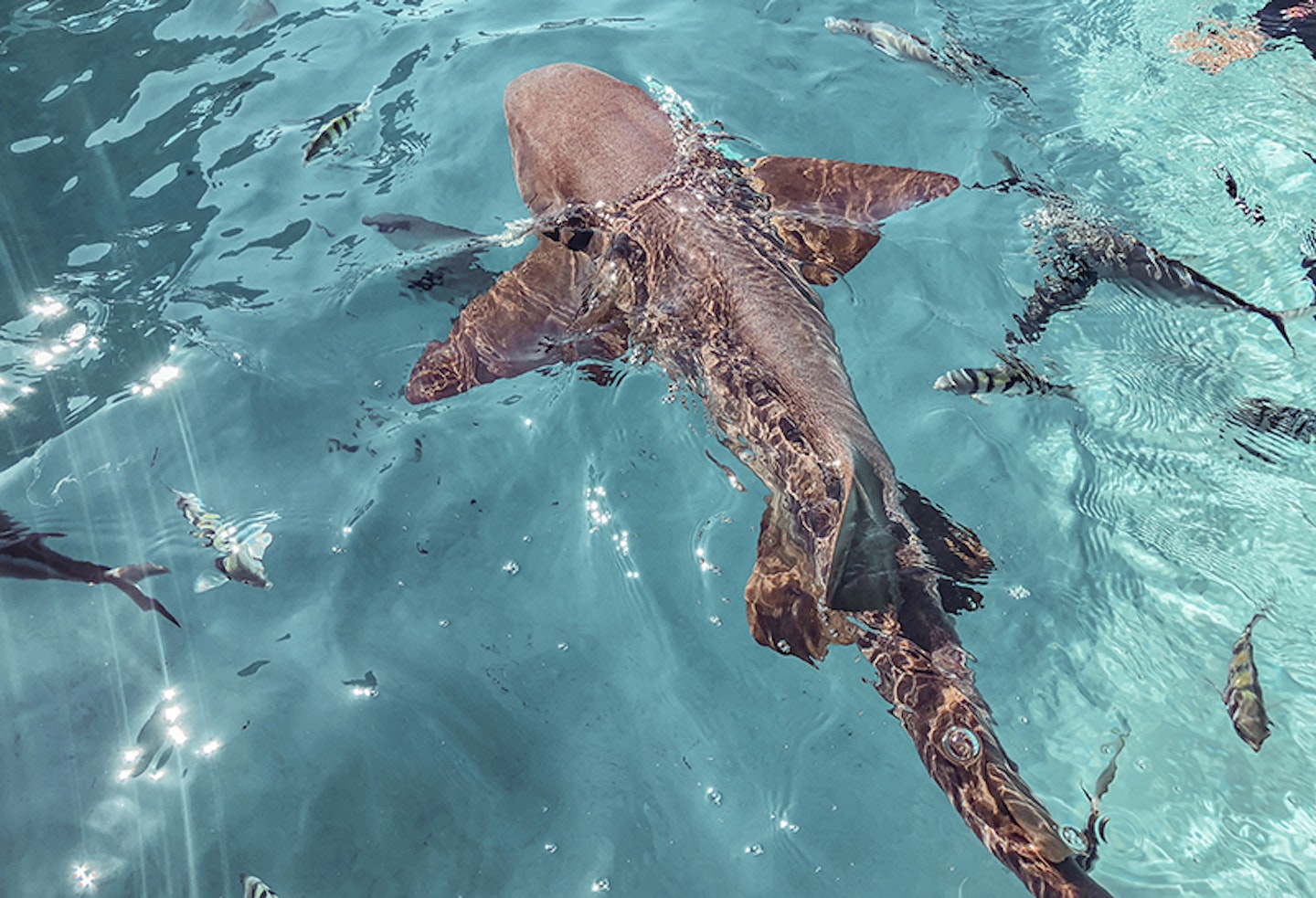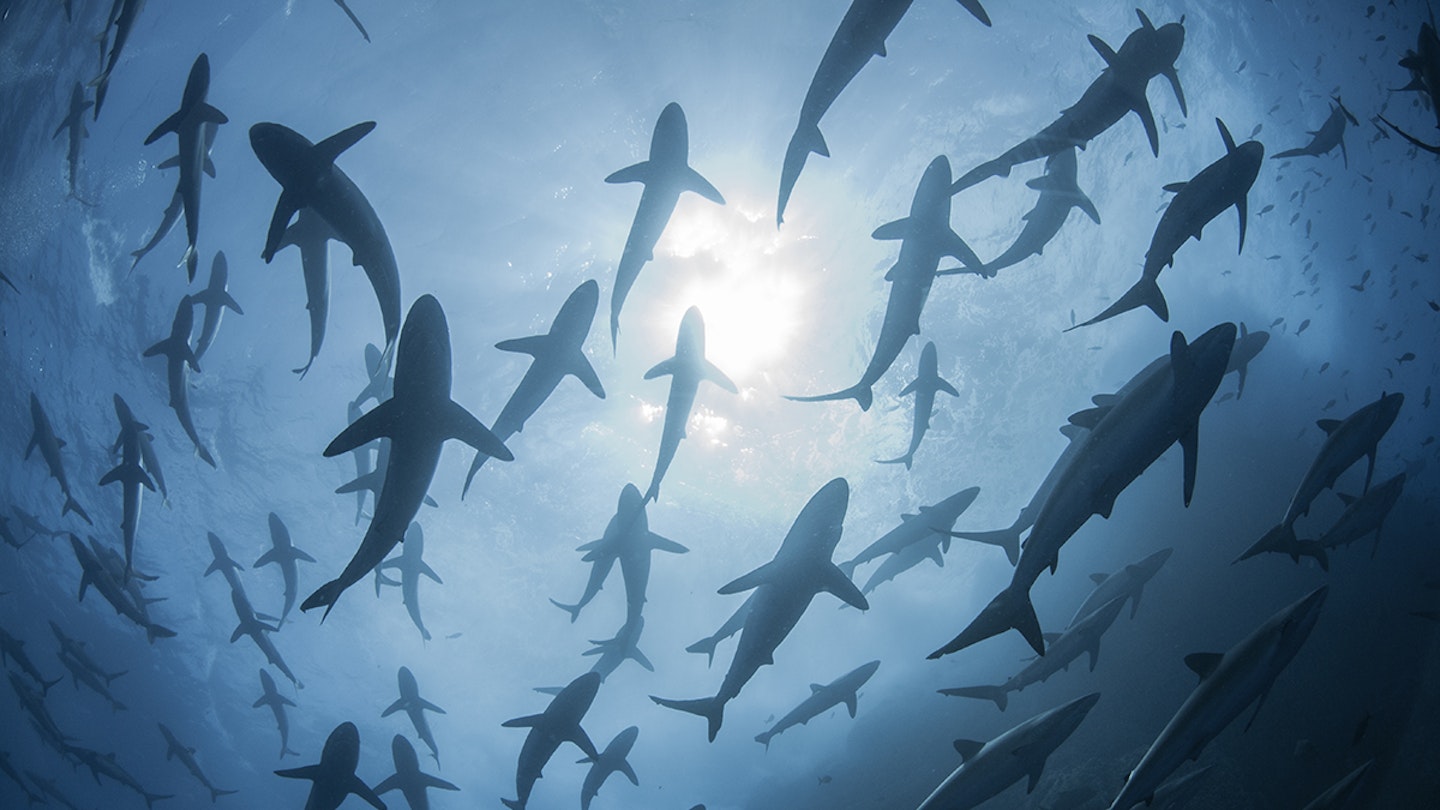Mention the word ‘shark’ to many people, and more often than not, it will evoke a fearful reaction.
Often depicted in movies as savage killers, sharks actually play a vital role in keeping the seas healthy and productive.
With fossil records dating back 400 million years, sharks have outlived the dinosaurs and many other forms of life currently on earth.
There are more than 1,000 species of sharks and rays, with new species discovered every year.
So what would happen if sharks were to disappear from our oceans?
These majestic top predators are essential to the natural order of marine ecosystems.
They protect seagrass meadows from overgrazing by intimidating creatures such as sea turtles onto new pastures.
This also helps in the fight against climate change as seagrass captures carbon up to 35 times faster than tropical rainforests and, even though it only covers 0.2% of the seafloor, it absorbs 10% of the ocean's carbon each year. Sharks store carbon within their own bodies, too – much like whales do.
A similar effect has been noted on coral reefs; when shark presence is reduced, an increase in smaller predators that prey on herbivorous fish is seen. The result? Without enough herbivorous fish feasting on algae, it can quickly grow out of control and take over the reef.

However, they’re now facing a severe threat from overfishing. Today, nearly one in four sharks and their relatives are threatened with extinction.
A major cause is the demand for shark fins. Every year, fins from as many as 73 million sharks end up in the global fin trade.
Sharks and rays are crucial for the health of our planet, but they are some of the most enigmatic and misunderstood creatures in the ocean. So, here’s 10 things you may not know about sharks…
1. How many bones does a shark have?
Sharks do not have bones. Sharks use their gills to filter oxygen from the water. They are a special type of fish known as "elasmobranchs", which translates into fish made of cartilaginous tissues—the clear gristly stuff that your ears and nose tip are made of.
2. Are sharks mammals?
Sharks are fish, not mammals. They do not have mammary glands, and do not feed their young, so are therefore disqualified from being named mammals. Sharks use gills to breathe with, as fish do, rather than lungs that exchange respiratory gases.
3. Do sharks lay eggs?
There are over 500 species of shark living in waters around the world and the majority give birth to live young. ... The remainder are oviparous, meaning they lay eggs. Around 40 to 50 different shark species live permanently in or regularly visit the waters surrounding Britain. In fact, you may have found a shark egg case, or mermaid’s purse, while beachcombing. Generally, shark eggs have curly tendrils at the ends or are covered in fibres, whereas ray eggs are usually squarer with horns protruding from the corners.

4. What is a baby shark called?
For those viviparous (live-bearing) species of sharks, their offspring is referred to as a pup.
5. Do sharks sleep?
Shark species that need to swim constantly to keep water moving over their gills seem to have active periods and restful periods, rather than undergoing deep sleep as we do. They seem to be “sleep swimming,” with parts of their brain being less active, or "resting," while the shark remains swimming. Some sharks such as the nurse shark have spiracles that force water across their gills allowing for stationary rest. But they still do not sleep like humans do, instead having active and restful periods.
6. How many teeth do sharks have?
Most sharks have 50 to 300 teeth on average, at any point of time. They lose and replace teeth constantly. Many types of sharks have teeth layered in series and rows. A single row has one or more functional teeth upfront, and several replacement teeth behind this. An average number for most sharks is 5 series and 15 rows of teeth. But, some can have more – a Bull shark, for example, has 50 rows of teeth in 7 series.
7. Do sharks have tongues?
Sharks have a tongue referred to as a basihyal. The basihyal is a small, thick piece of cartilage located on the floor of the mouth of sharks and other fishes.

8. What do sharks eat?
Sharks are opportunistic feeders, but most sharks primarily feed on smaller fish and invertebrates. Some of the larger shark species prey on seals, sea lions, and other marine mammals.
As humans, we are far from their usual meal of choice, and shark attacks, although tragic, mainly come down to a case of being in the wrong place at the wrong time.
9. How long do sharks live?
In the wild, sharks have an average lifespan of 20 to 30 years. The age of a particular shark can be estimated by counting growth bands on fin spines or on the shark’s vertebrae, much like rings on a tree. Scientists recently discovered that the Greenland shark can live at least 250 years – they may even live over 500 years.
10. What is a group of sharks called?
A group of sharks is called a shiver of sharks. They can also be referred to as a gam, herd, frenzy or school.
A great way to protect sharks in our oceans is to ensure you’re buying seafood from sustainable sources.
If you’d like to get more involved in protecting sharks, donate or become a citizen scientist or volunteer, go to SharkTrust.co.uk.
